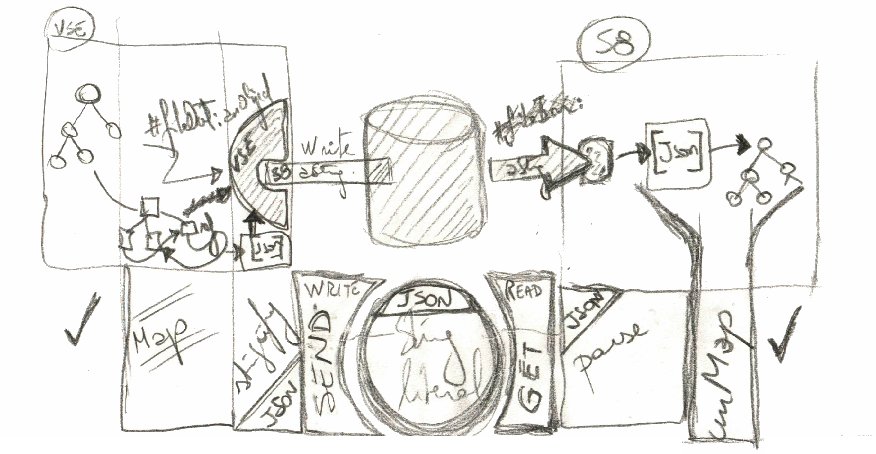| origin | A symbol, the type of the system that produced the literal |
| names | It is a map used to instantiate objects from a class name (the name has been specified by source system and can happen that the real class do not exist here). The value liked to a class name can be a Symbol/String of an existing class or a block to produce a new instance.
See implementation of #setDefaultXXXNames |
| transforms | A map to transform objects while reading structural data.
See implementation of #setDefaultXXXTransforms |
| natives | Internal - A pool with platform dependent strategies used during parsing. Not ethat we have the same code for all smalltalk implementations, we use this pool to run platform dependent actions. |

